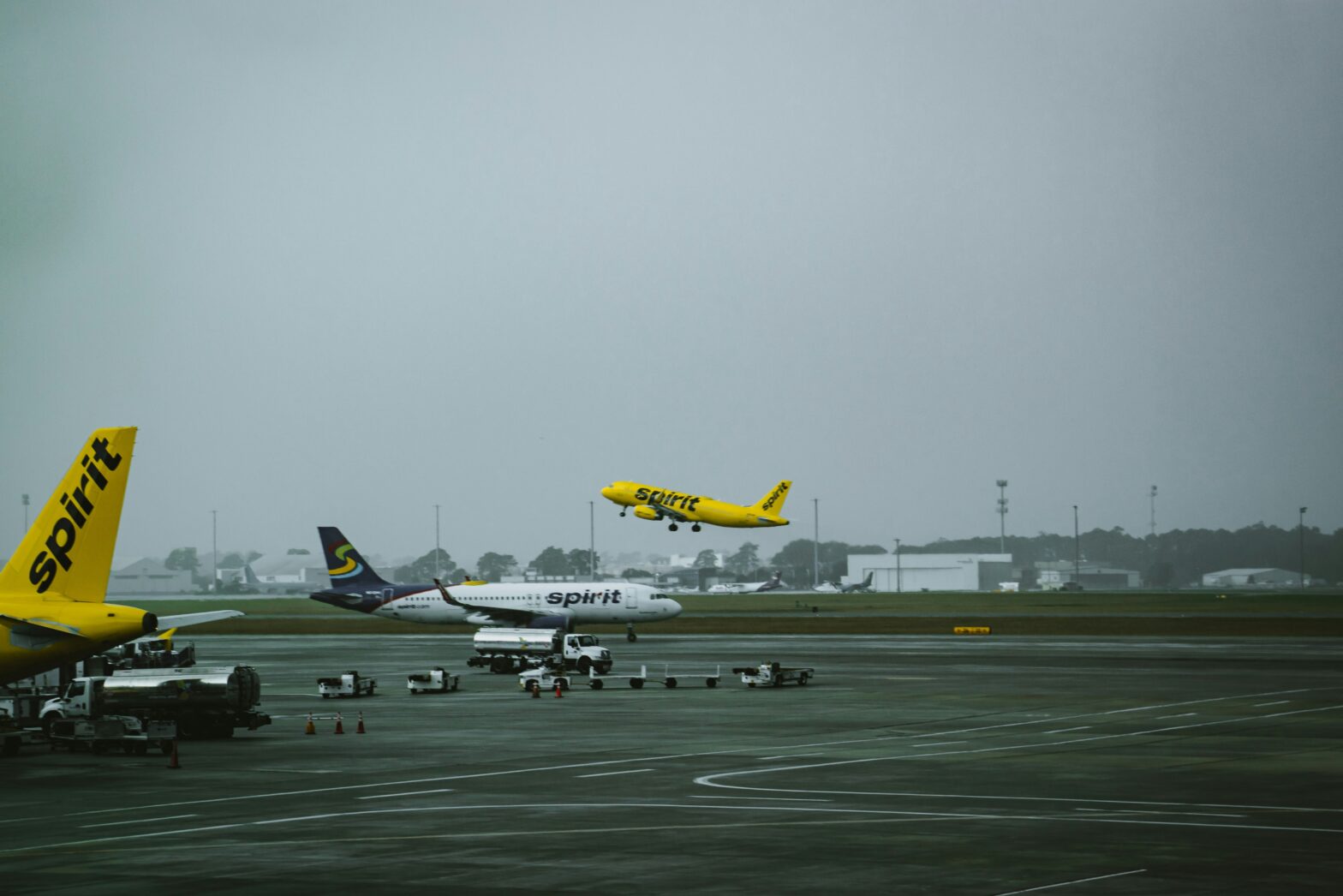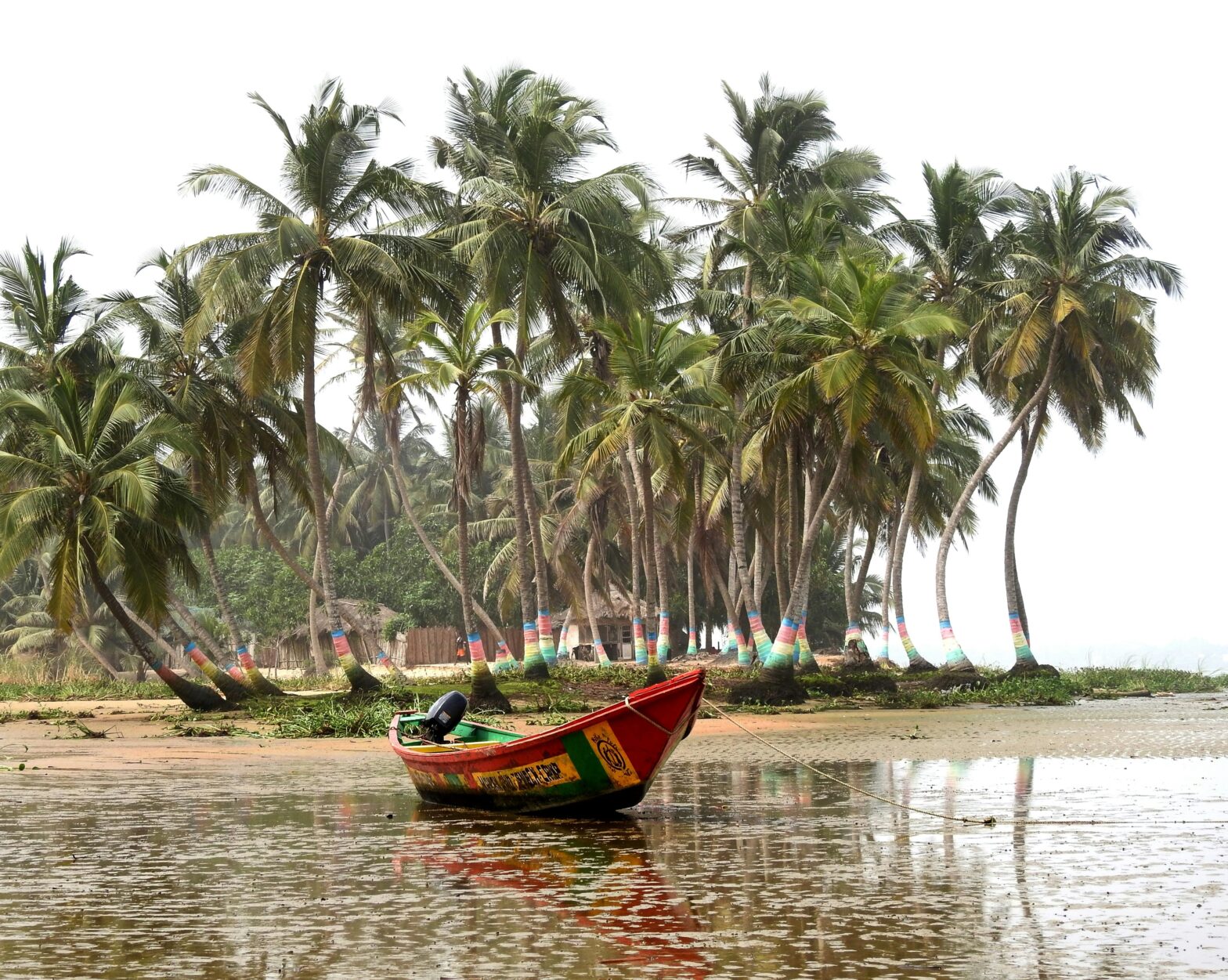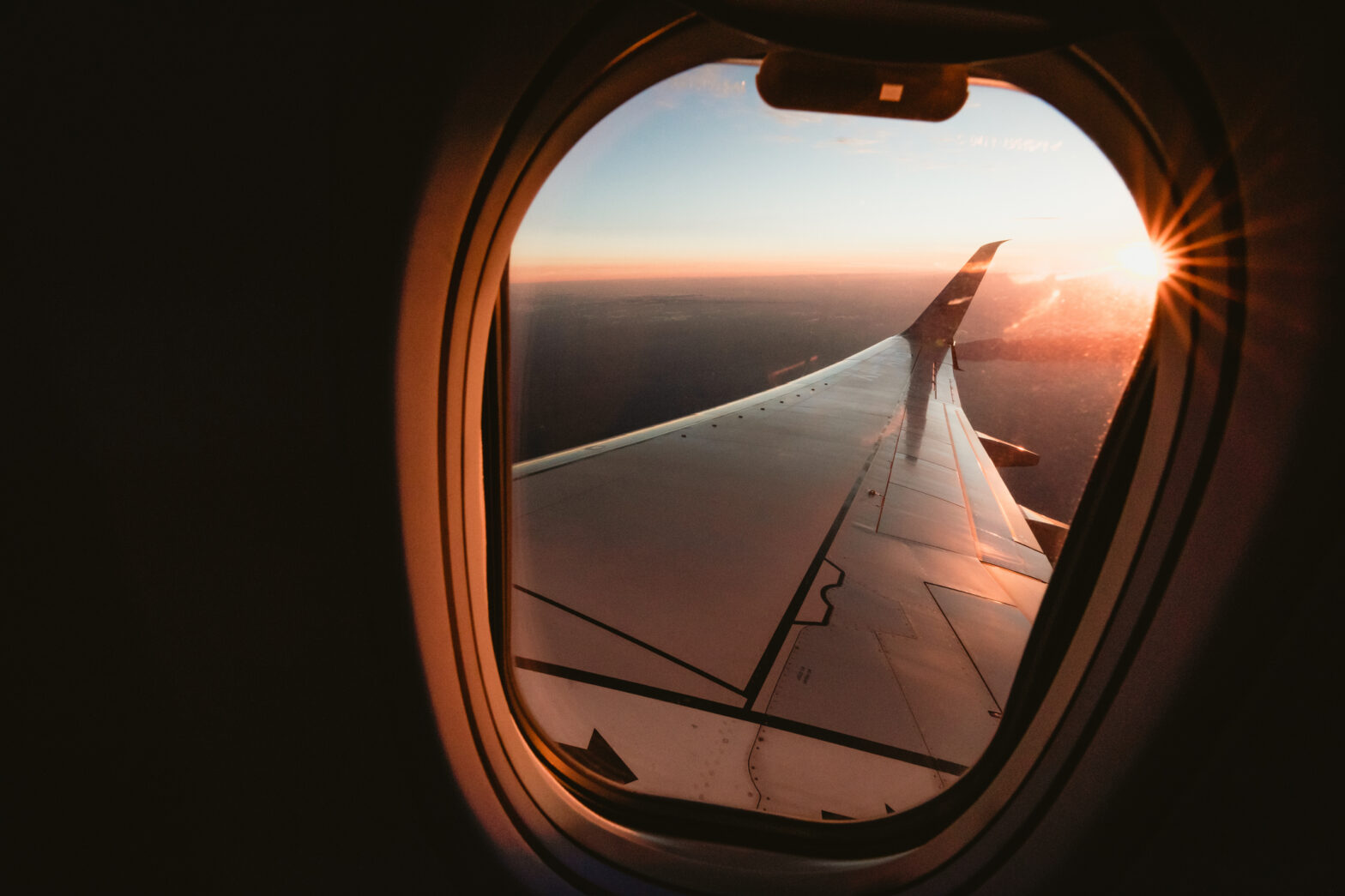
During the COVID–19 global pandemic, many Americans took advantage of work becoming virtual by relocating to exciting destinations. This paved the way for the rise of the digital nomad, a person who travels while on the job making use of the mobility that telework provides. With a one–way ticket out of America in one hand and their MacBook in the other, digital nomads curate enviable social media feeds that make you want to live their easygoing lifestyles. However living off American wages in countries with favorable currency exchange rates increases the demand for finite resources in the city.
“Those who are too quick to celebrate the benefits of remote working should be more sensitive to the nuanced impacts of WFH on minorities and gentrification,” said Antonio M Bento, Professor of Public Policy and Economics at the University of Southern California.
What we know -
Remote workers are starting to gentrify major cities and are unintentionally encouraging others to do the same. In 2021, one Twitter user sparked a heated debate on Twitter after she wrote a thread about moving to Bali.
Moving out of America in my 20s has been a game changer.
I’ve been living in Bali, Indonesia for over a year with my girlfriend.
A Thread…
— Kristen | Brand + Graphic Designer (@kristentootie) January 16, 2021
Kristen starts the thread by sharing she decided to book a one-way flight to Bali with her girlfriend after spending most of 2019 out of work. While in Bali, she has built her own graphic design business and lived for only US$400 a month in a “treehouse,” compared to her US$1,300 per month Los Angeles studio.
Bali was the “perfect medicine” for her physical and emotional health. The thread went on to list the benefits of living here: safety, low cost of living, luxury lifestyle, and acceptance towards LGBT people. She also shared her positive experience as a Black woman with the black community in Bali, before wrapping the thread with a link to her US$30 e-book, Our Bali Life is Yours, which is “a guide breaking down how we did it and how you can do it too.”
The thread was met with sub-tweets, thousands of replies and quote-tweets, where people called her out for her privilege as a foreigner in Indonesia and pointed out how her guide is basically a recipe for gentrification. This cause and effect is explored in the essay Digital Nomads: ‘Workcation’ or Colonization? by Kira Wang. The writer explains , that “under this model [of transitional gentrification], local populations are exploited for their labor while their communities are destroyed.” For example, in Canggu, a surfing hub in Bali, rice fields are now being replaced with cheap bars, hotels, and nightclubs to attract more foreigners. The reality is that tens of thousands of locals live in poverty. The young Black woman was deported in the following days after sharing her tweet on the bases of evading taxes.
A Case Study: Mexico City
Mexico City is also feeling the effects of gentrification. With its buzzing nightlife, delicious food and relaxed visa rules, Mexico City has become a hub for digital nomads and tourists. But as rents and cost-of-living skyrocket, some locals are urging would-be remote workers to stay away.
The Los Angeles Times reports that Americans bring a scent of the “New Wave” imperialism [to Mexico City] as taquerias and local stores slowly turned into cafes and Pilates studios. In fact, according to an Autonomous University of Mexico (UNAM) study, nearly a third of Mexico City residents had to move homes during the pandemic. Most cited unaffordable rent as a contributing factor. Today, Over 1.6 million Americans are living in Mexico according to the State Department. Many arrived during the coronavirus pandemic when Mexico eased restrictions before many places in the United States.
Unsustainable Economic Growth
One country in particular looking to capitalize on the rise in remote work post the pandemic is Costa Rica. This Summer 2022, Costa Rica’s President, Rodrigo Chaves Robles, finalized the regulations for Digital nomad visas (DNV). Thus allowing remote workers and freelancers access to stay in a foreign country longer than a tourist visa. President Alvardo hopes Costa Rica will benefit from the money nomads will spend during their stay.
Gustavo Segura, Costa Rica’s Tourism Minister, believes digital nomads will be instrumental in the country’s tourism industry rebound, according to Tico Times.
“Tourists who stay for longer periods of time redistribute their money in the value chains generated by tourism,” said Segura.
“They make more local purchases, rent a car for several weeks or months, use services such as the beauty salon, the supermarket, restaurant, soda, laundry, greengrocer, medical services, among other businesses in the community, hence the importance of becoming an option for remote workers.”
The Costa Rican Tourism Board predicts that foreign digital nomads will contribute around 15 million colones ($24,100) yearly into the local economy, and lead to the generation of jobs for locals, according to Lonely Planet. The only shortcoming being that tourism as an industry is inherently unsustainable.
Mexico City has already witness this reality as many local business are being forced to close due to make space for new developments. In February, a local family were forcibly evicted from the Torta sandwich business that they had run for 54 years. The business site – in the centre of the popular Roma neighborhood – is now being developed into apartments.





